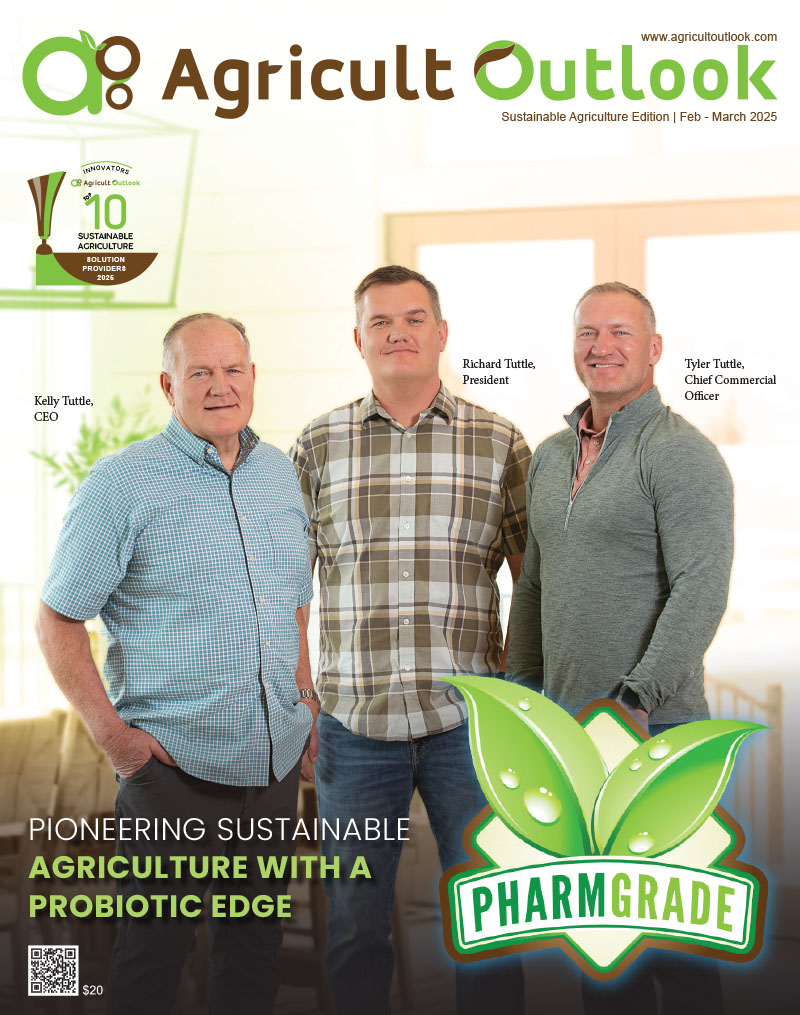Center for Human Nutrition Studies at Utah State University, on behalf of Regenified™ and Diestel Family Ranch, has officially published results from an analysis, which confirms that Diestel turkeys grown with regenerative farming practices are better for the land. Not just that, these practices were also found to improve fatty acid ratios and phytochemicals in turkeys.
To give you some context, the regenerative agriculture concept is focused on eliminating industrial farming practices that have been known to negatively impact the planet. This it does using practices like rotational grazing, reduced tilling, crop rotations, and maintaining vegetative cover. Now, keeping that in mind, Diestel’s birds were the first to be fed 650-tons of U.S.-grown Certified Regenerative feed , which markedly enough, can enhance bird and soil health. Furthermore, the company’s turkeys also have uninterrupted access to open land that was designed to replicate their natural shaded forest habitat.
“We’ve always known that our farming practices are better for the land, but now we have initial data to confirm that our practices directly impact the health of our birds too,” said Heidi Diestel, fourth generation farmer at Diestel Family Turkey Ranch. “Even as a small family-owned business, we’ve aspired to always do the right thing for our birds and the planet.”
Talk about findings from the given analysis on a slightly deeper level, we begin from its take on mineral content, a take where it was discovered that Diestel brand boasts substantially higher levels of zinc than a national leading brand. The significance of such a detail can be better understood once you consider how zinc happens to be crucial for immune function and DNA synthesis.
Next up, there is a segment dedicated towards antioxidant compounds. In case you weren’t aware, antioxidant phytochemicals from the plants that turkey eat are transferred into their meat. In that respect, the analysis found that Regenerative Diestel ground had higher levels of phytochemicals, as compared to a national leading brand, something which might stem from the consumption of plants on pasture, and/or consumption of non-gmo regenerative feed.
Apart from antioxidant compounds, the whole exercise also learnt that Vitamins B3 and B12 were higher in the Diestel Regenerative samples, as compared to a national leading brand. Finally, our last piece of highlight is rooted in Diestel Regenerative breast samples boasting higher protein levels than the national leading brand.
Among other things, it must be mentioned that the said analysis was conducted by Stephan van Vliet, PhD, who collaborated with farmers, ecologists, and agricultural scientists to study critical linkages between agriculture, the nutrient density of food, and human health. During the study, Dr. van Viliet analyzed a leading national turkey brand and compared its nutritional composition to Diestel turkeys grown with regenerative farming practices, using for the job mass spectrometry-based techniques that can analyze nutrients in our food.
“Our analysis found that turkeys raised on pasture using regenerative farming practices have improved omega-3 and phytochemicals profiles compared to conventionally-raised birds,” said Stephan van Vliet, PhD, director at the Center for Human Nutrition Studies at Utah State University. “Our findings are in line with a recent study we published on beef and point towards initial promising effects that regenerative agriculture may have on the nutrient density of meat.”
The new study also delivers a rather interesting follow up to Diestel recently becoming the first turkey producer to achieve Regenified™ certification.







